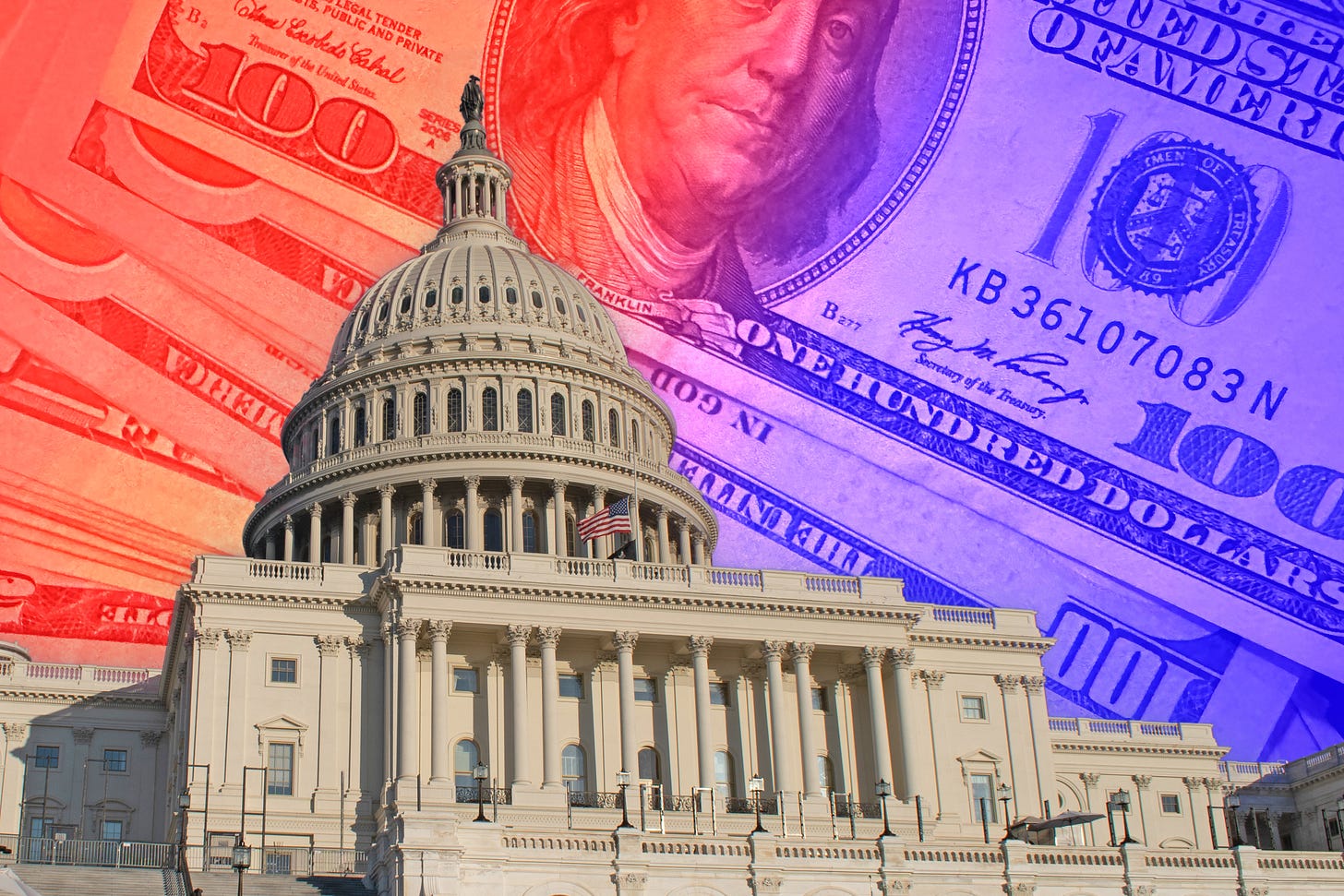Harris County Attorney Christian Menefee and former Houston City Council member Amanda Edwards are caught in a tightening fundraising showdown for Texas’s Congressional District. Campaign‑finance reports indicate the two Democrats have combined $1.78 million as the November 4 election approaches—a contest sparked by the March passing of U.S.
Rep. Sylvester Turner. Federal Election Commission filings show Menefee pulling ahead, having raised $977,795 and holding $640,588 in cash on hand as of June 30, 2025. Edwards has hauled in $803,348 with $623,117 sitting in the campaign’s bank.
That cash cushion places the duo of Democrats at the top of the leaderboard as a scramble of sixteen hopefuls circles the historically Democratic Houston district seat. The special election— a brushstroke on the district’s political canvas after a vacancy that emerged less than a year ago—sharply echoes the loss of longtime Congresswoman Sheila Jackson Lee, who succumbed to pancreatic cancer in July 2024.
Poll Numbers Signal Runoff Election Likely
The Hobby School of Public Affairs at the University of Houston published survey results that demonstrate Menefee leads with 27% voter support, followed by Edwards at 23% and state Rep. Jolanda Jones at 15%. The current vote distribution indicates that no candidate will achieve a majority, which would force the election into a runoff.
The mid‑October survey shows Menefee has backing from 27% of registered voters in the district but Edwards maintains the lead with 23% support. The survey of 400 voters conducted between July 9 and July 18 shows that 26% remain undecided. The Republican candidate for the district is Carmen Maria Montiel, who received only 6% of the vote in this Democratic-leaning area.
Contrasting Campaign Strategies
Menefee runs his political campaign on local support, as his first-quarter fundraising report shows $391,603.07 from 7,988 donors who contributed within 15 days, averaging $49.02. Style Magazine reported that Menefee thanked all supporters who have supported his campaign since its beginning. The Harris County Attorney has protected citizens through his legal fights against Governor Abbott and Attorney General Ken Paxton.
Edwards started his campaign with extensive support, raising $375,024 from donors during his first fundraising period after entering the race just 13 days before the filing deadline. The Houston Chronicle reported that Edwards declared his team would maintain complete dedication to achieve the highest possible results. The team recognizes its need to reach more people, so it will keep working to achieve this objective.
The former city council member runs her campaign on healthcare access and direct leadership because she lost her father to multiple myeloma when she was young. Edwards told Click2Houston about his myeloma diagnosis when he was ten years old. I asked him to describe what would occur when his insurance company denied payment for his essential medical care.
Jones Leverages National Profile Despite Fundraising Disadvantage
State Representative Jolanda Jones maintains a fundraising disadvantage with $100,989 collected and $91,566 available for spending. However, her campaign received unexpected support after she became famous during the Democratic walkout against Republican redistricting plans in August. “I have a track record, both literally and figuratively, of being unapologetic and being unafraid,” Jones told the Texas Tribune. “I fight — if they don’t know anything else about me”.
Jones came to the race at a disadvantage, having been barred from fundraising during the legislative session and tied up with summer special sessions, according to the Texas Tribune. Her public dispute with Governor Abbott over redistricting brought her media attention, which could help her overcome her financial constraints by raising public awareness of her name.
Redistricting Controversy Adds Complexity to Special Election
The special election took place at a time when redistricting disputes persisted, as courts would later invalidate the temporary district maps. The Republican Party attempted to create five new districts with Republican voter support through redistricting in Texas, causing Democrats to leave their seats for more than two weeks in August 2025.
The Texas House approved the proposed redistricting plan in August with 88 votes in favor and 52 against to achieve Republican control of 30 out of 38 House seats, resulting in 79% of districts compared to Trump’s 56.2% statewide vote share in 2024, according to Context Corner. President Donald Trump celebrated the Texas House vote on Truth Social, calling it a “Big WIN for the Great State of Texas”.
Redistricting Controversy Adds Complexity to Special Election
The special election took place during a disputed redistricting process that established temporary district boundaries before court challenges forced their reversal. The Republican Party attempted to create five new districts with Republican voter support through redistricting in Texas, causing Democrats to leave their seats for more than two weeks in August 2025.
The Texas House approved the proposed redistricting plan in August with 88 votes in favor and 52 against to achieve Republican control of 30 out of 38 House seats, resulting in 79% of districts compared to Trump’s 56.2% statewide vote share in 2024, according to Context Corner. President Donald Trump celebrated the Texas House vote on Truth Social, calling it a “Big WIN for the Great State of Texas”.



